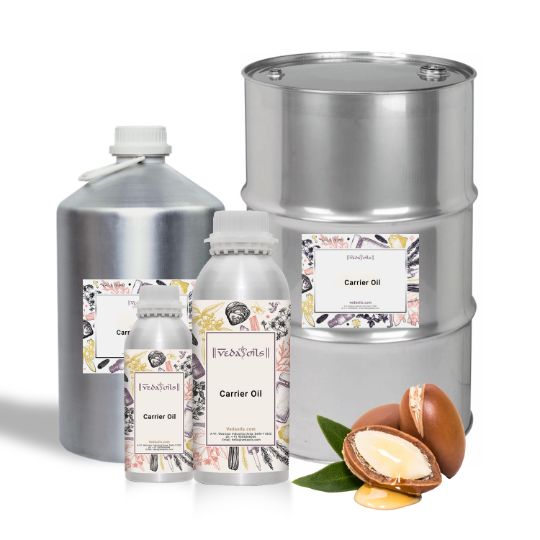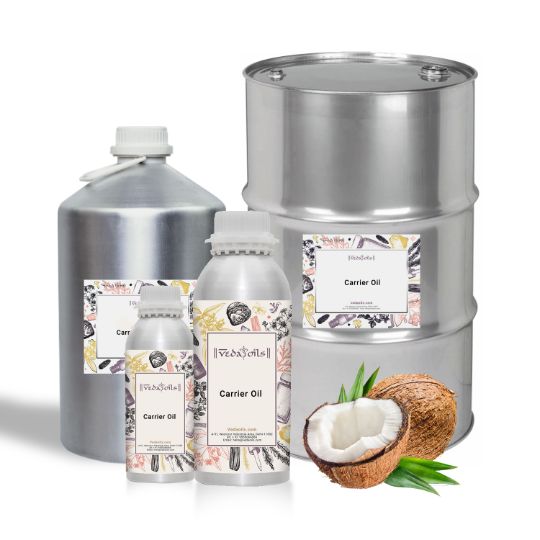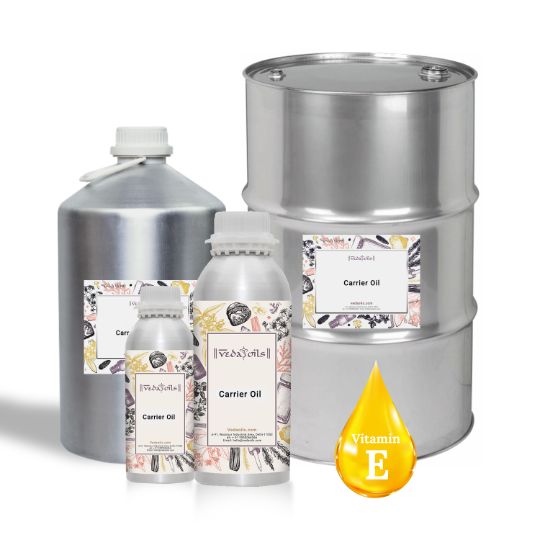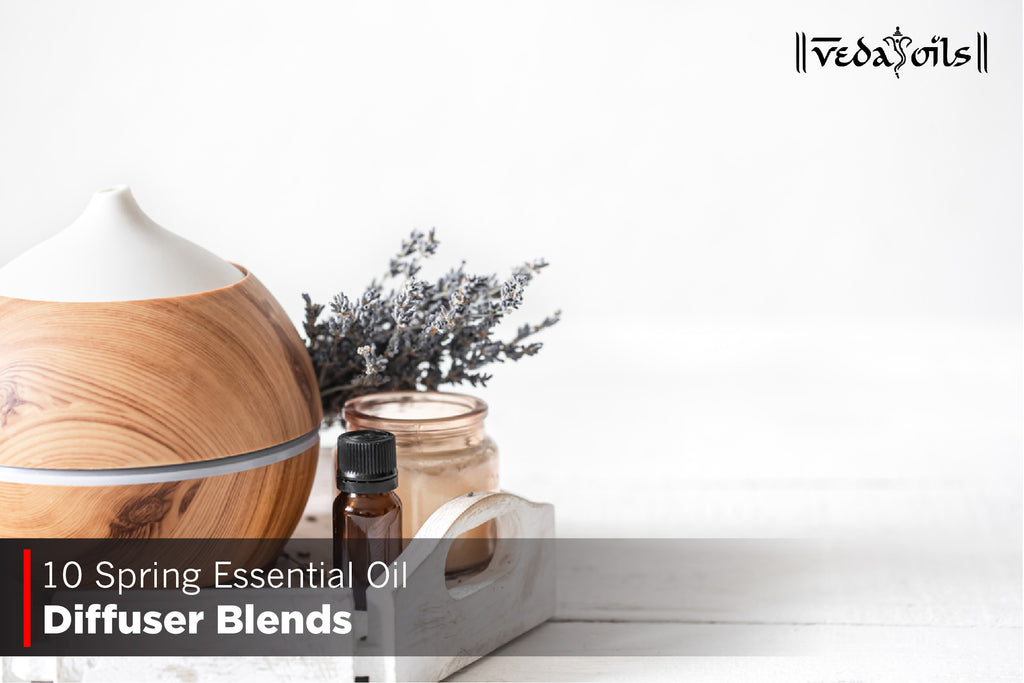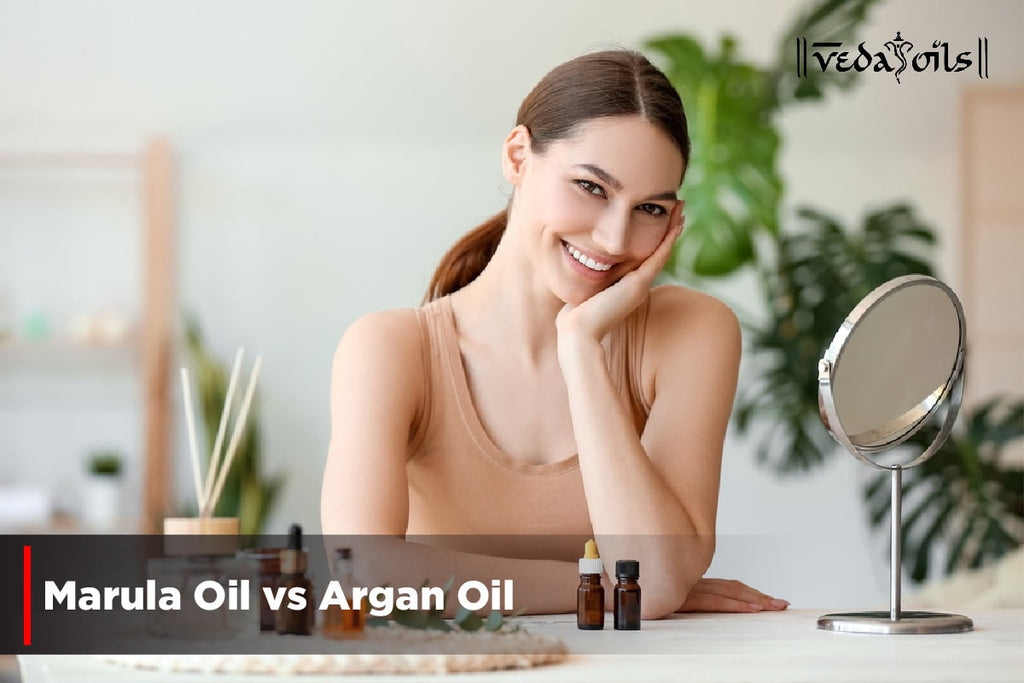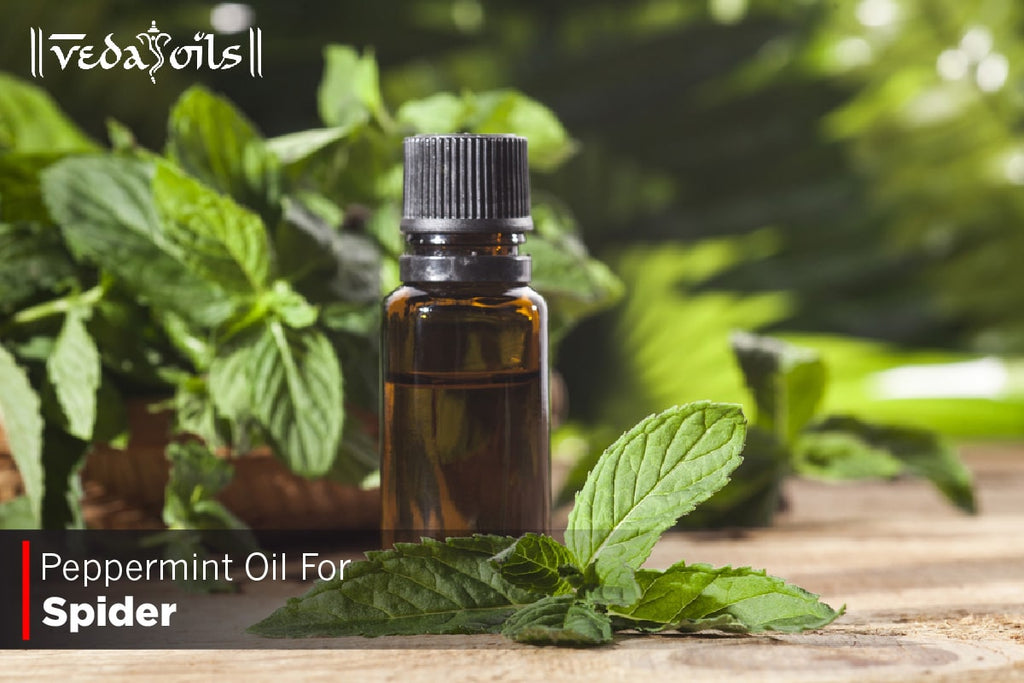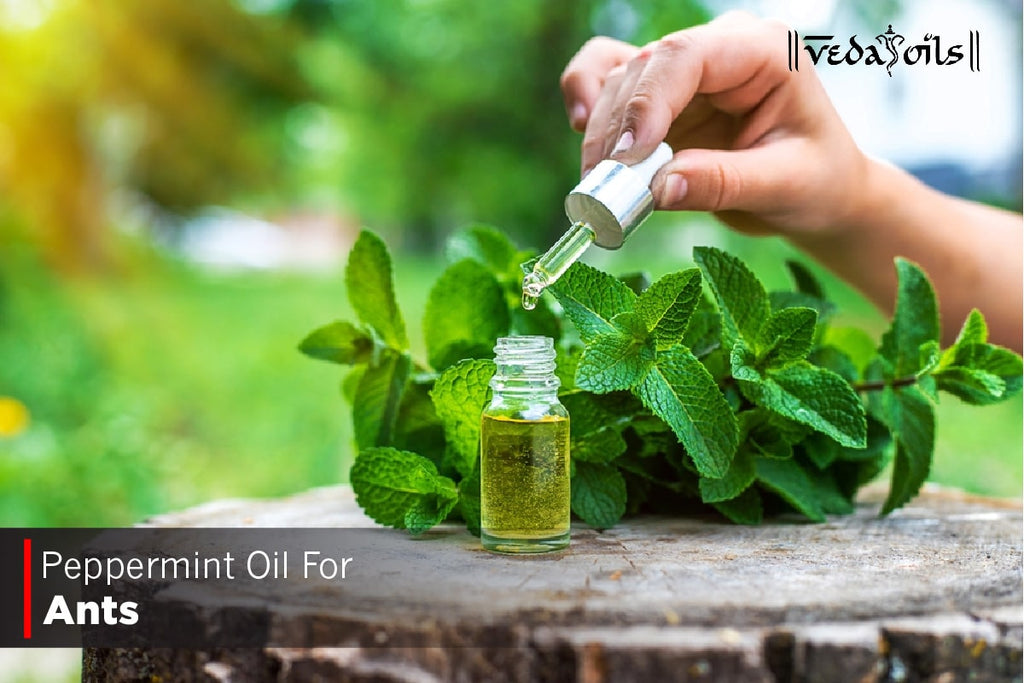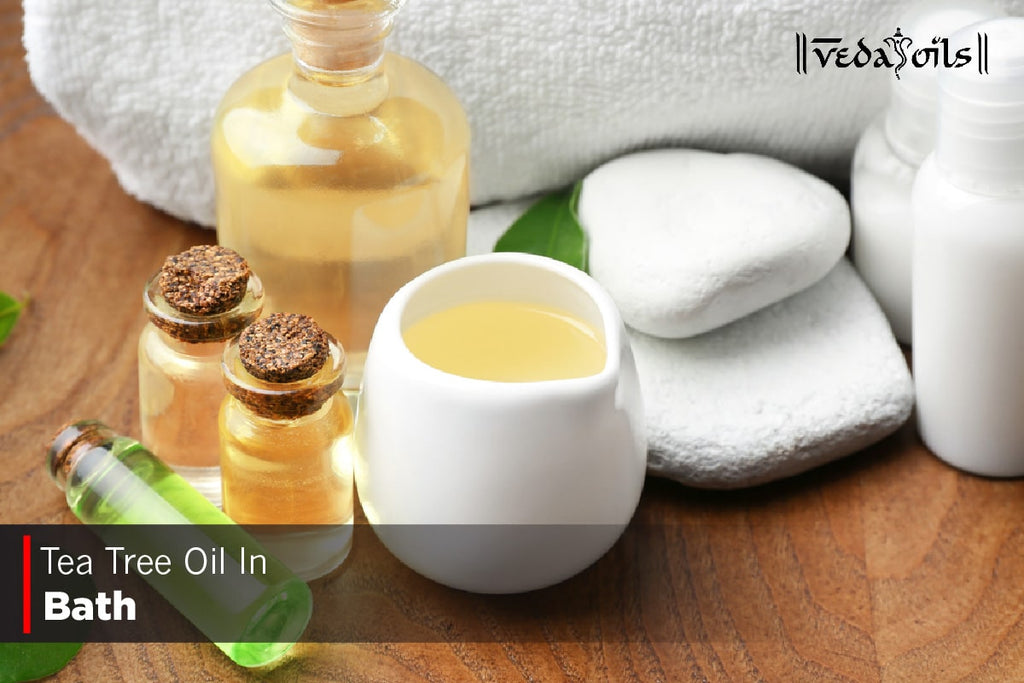Natural oils have long been used to restore beauty and soften skin. One of the most well-liked carrier oils is coconut oil, followed by almond oil. Although they have some notable similarities, both oils provide vitamins and minerals that help to heal broken skin and encourage hair growth. In terms of qualities and advantages, coconut oil vs almond oil are fairly similar.

They are both incredibly adaptable as well. Both oils support robust, wholesome hair growth. Whether you select one over the other will mostly rely on the hair and skin-related concerns you have. But with either of these oils, you simply can't go wrong. Continue reading to learn more about the differences between almond and coconut oil and how each one can help you have better-looking hair and skin.
Coconut Oil vs Almond Oil for Hair
Almond Oil vs Coconut Oil Both oils are packed with vitamins and beneficial ingredients that can improve your hair. There are several benefits to both approaches, including hydrating your hair, nurturing and preserving your scalp, and decreasing split end.
1. Hair Loss Prevention
More and more people are becoming aware of almond oil's capacity to both stop hair loss and even encourage hair growth. It can hydrate and fortify hair follicles to keep them from breaking and shedding. Almond oil contains magnesium and calcium, which help to maintain healthy hair by moisturising the follicle from root to tip.

Similar to almond oil, utilising coconut oil can help you stop daily hair loss and encourage the growth of new hair if you suffer from hair loss. The oil's saturated fats will condition the scalp, promoting thicker, faster-growing hair.
2. Reduces Frizz
Almond oil softens and smoothes hair and skin because it serves as an emollient. For frizzy hair, almond oil can be used as a leave-in conditioner. It assists in locking in moisture, resulting in smoother strands and a reduction in frizz.

Rub a little coconut oil on your hair before shampooing to condition it, give it a bright, healthy glow, and make it much easier to manage and style. Even if you blow dry your hair, the healthy fats will give it a slight weight and thickness, keeping moisture and reducing heat-induced frizz.
3. Good for Your Scalp
Since yeast is balanced by almond oil's antibacterial and antifungal capabilities, dandruff can be avoided. Additionally, it conditions the scalp and cleans the hair follicles. You may improve blood flow to your scalp and give it antioxidants by applying a tiny quantity of almond oil to it.

Coconut oil could be the solution if you always have little flakes of dandruff in your hair and on your shoulders. Vitamins with anti-inflammatory effects are included in the oil. This helps to lessen any irritability that results in peeling, and it moisturises and nourishes the scalp to get rid of flaking.
4. Protects from Damage
Because almond oil is emollient, it helps your hair feel softer. Over time, using almond oil on your hair gives it a softer texture. Your hair's ends are an excellent place to use almond oil, especially if some of the ends have become extremely porous hair due to heat styling and sun damage.

In addition to promoting health and slowing the ageing process, coconut oil prevents your hair from greying. It also performs a great job of protecting your hair both before and after colouring it, ensuring that the colour lasts longer and doesn't harm the follicle as much.
Almond Oil vs Coconut Oil for Skin
That was almond oil vs coconut oil for hair. Now, let’s look at how these oils benefit our skin. They are both equally great at what they do! Read on.
1. Moisturizing
The instant boost of moisture that almond oil seals into the skin may be its most well-known advantage. Because of its emollient properties and high concentrations of vitamin E, magnesium, and other hydrating nutrients, it helps to restore the skin's outer layer, prevents water loss, cures dry, flaky skin, phosphorus, and copper.

For dry, chapped skin, coconut oil has been proven to be an extremely efficient moisturiser. Virgin Coconut oil is great for dry skin since it hydrates the skin and strengthens its protective natural barrier to better retain moisture.
2. Anti-Aging
Almond oil has vitamin A, often known as retinol, to help the skin's general look and radiance. This is a more natural way to get a fresh, glowing complexion since it may balance out skin tone, and texture, and prevent wrinkles.

One of the advantages of coconut oil for the skin is that it aids in boosting collagen formation, which enhances skin suppleness and results in tighter skin. Additionally, fine lines and wrinkles are less likely to develop due to improved skin suppleness.
3. Prevents Acne
According to studies, the fatty acids in almond oil assist your skin's excess oil and sebum breakdown. Almond oil for the face, when used as a cleanser, can aid in preventing acne brought on by sebum. Retinoids, which help open pores and lessen acne outbreaks, are another component of almond oil.

Because coconut oil contains anti-inflammatory characteristics, it can help cure acne, which is an inflammatory disorder. Lauric and capric acids, two components of coconut oil, have also been shown to have the ability to kill acne-causing bacteria.
4. Promotes Healing
We have all had acne scarring at some point, right? Try almond oil the next time if nothing else helps to cure the scars. It has zinc, which some people claim can treat acne scars and other facial scars.

According to studies, coconut oil has the power to increase the levels of collagen and antioxidants in our bodies, both of which are crucial for the skin's natural regeneration and healing processes.
Almond Oil vs Coconut Oil - Which One is Better?
Both oils have many of the same qualities, advantages, and adaptability. We advise using almond oil as the base carrier oil for DIY projects due to its delicate and unnoticeable aroma. Furthermore, almond oil is better suited for skin types with greater oil production because it has a lower comedogenic grade than coconut oil.
Make certain to utilise the oil in its most natural form for your body, regardless of whatever oil you choose to use. Keep an eye out for these skin care treasures and benefit from the advantages of natural beauty by using almond and coconut oil to shield your skin from the harsher chemicals present in some cosmetics. Whichever oil you choose, be sure that you buy only the most premium-quality and unadulterated products - check out VedaOils for the best oils in the market!
You May Also Like:


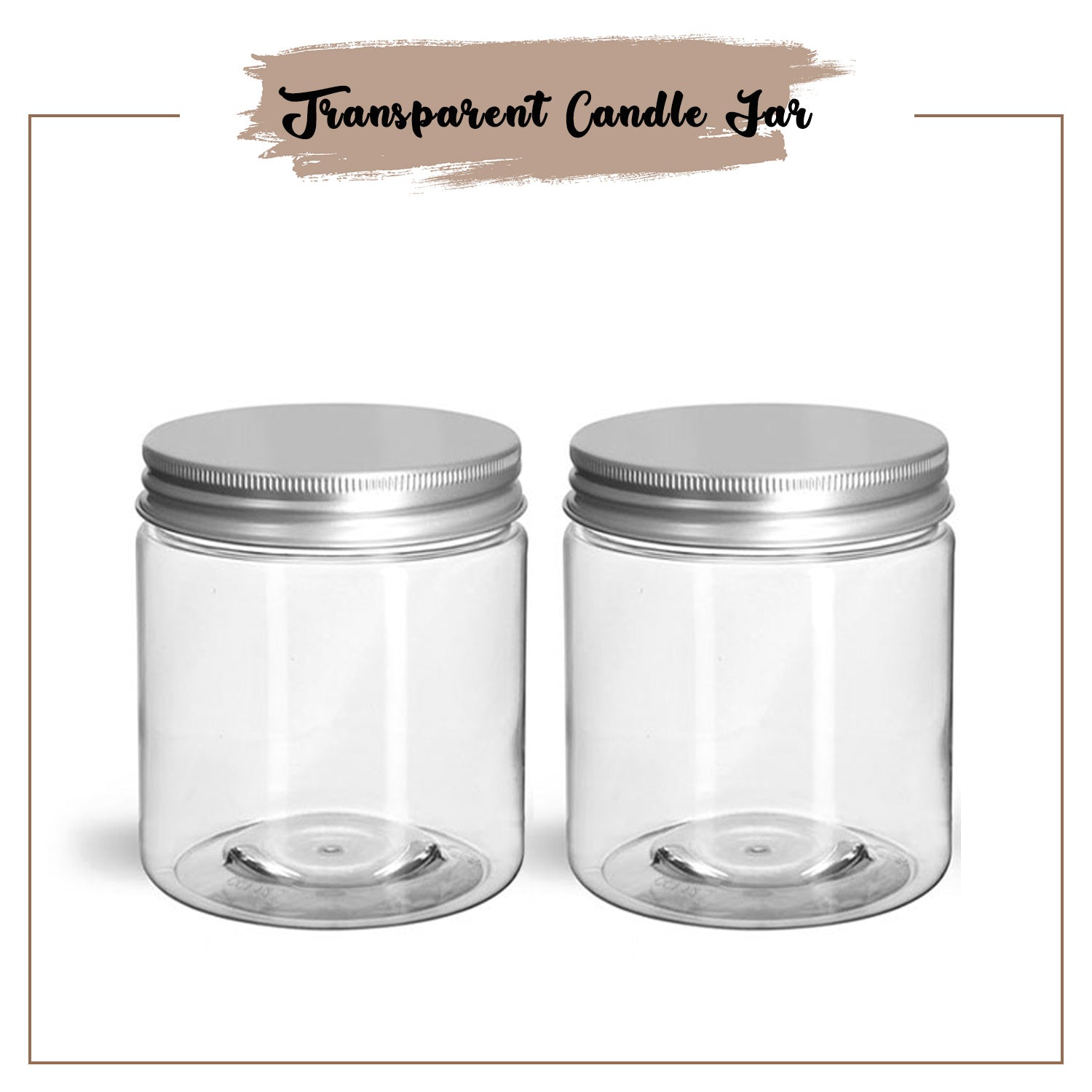

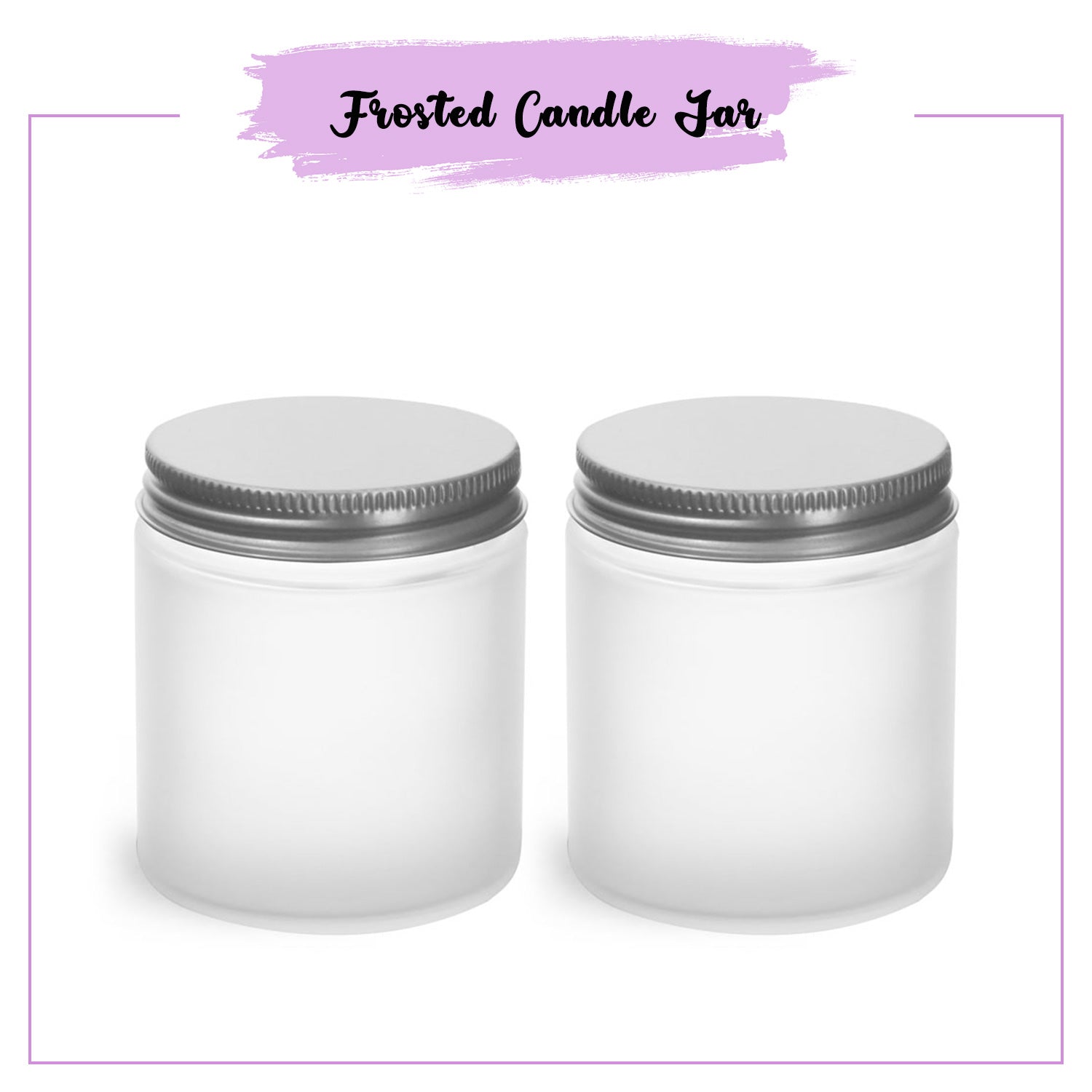



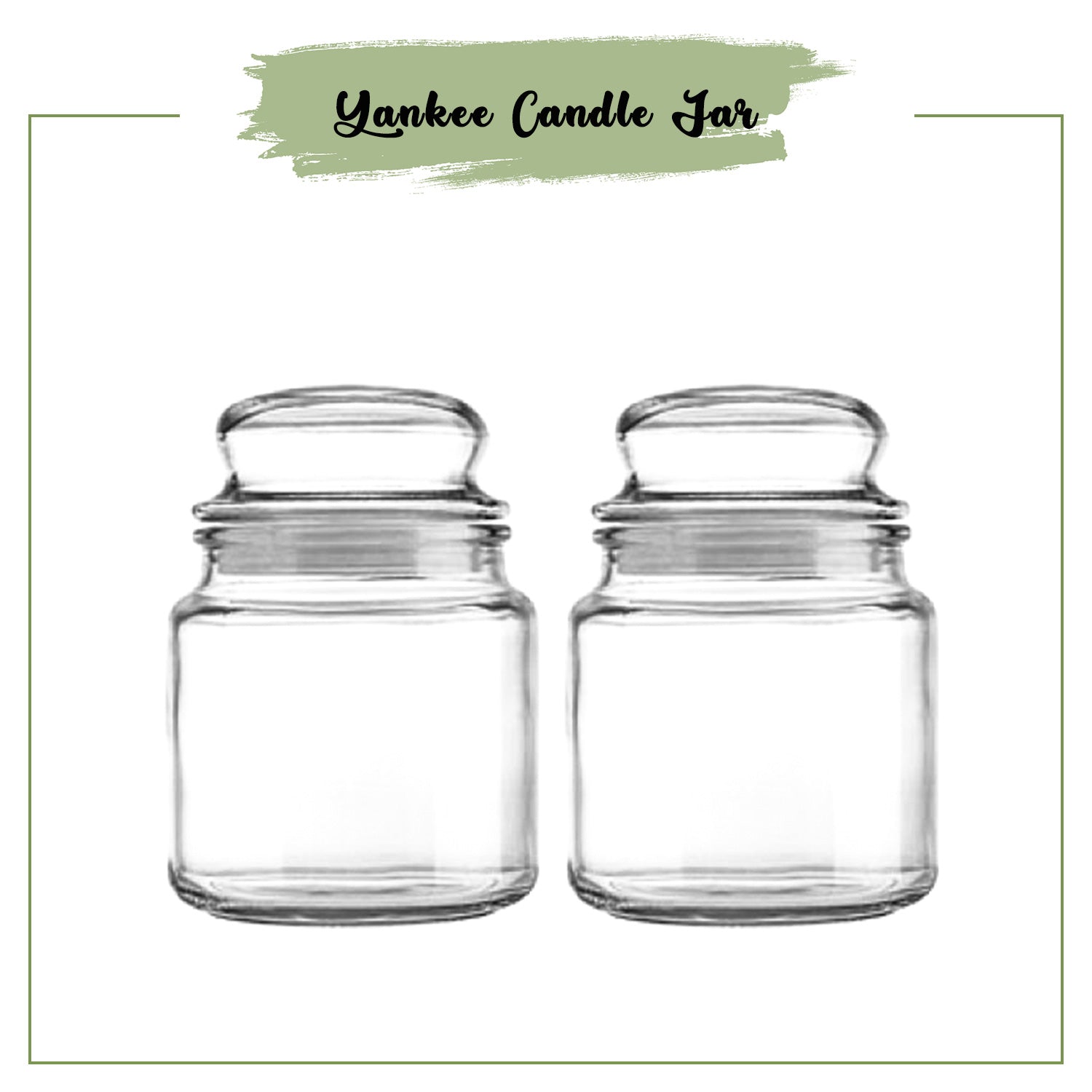

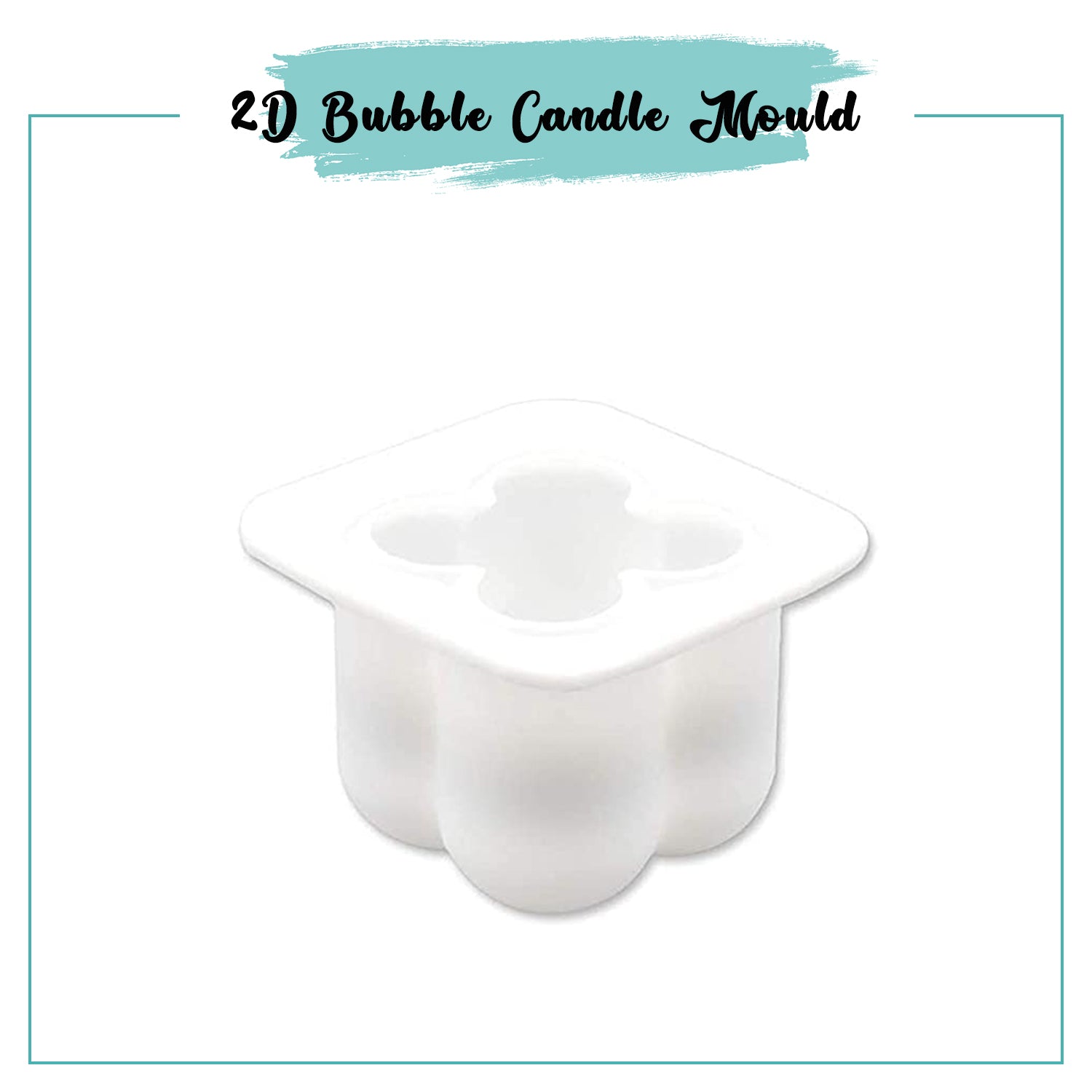


 Sign in
Sign in Register now
Register now My Reward Points
My Reward Points



